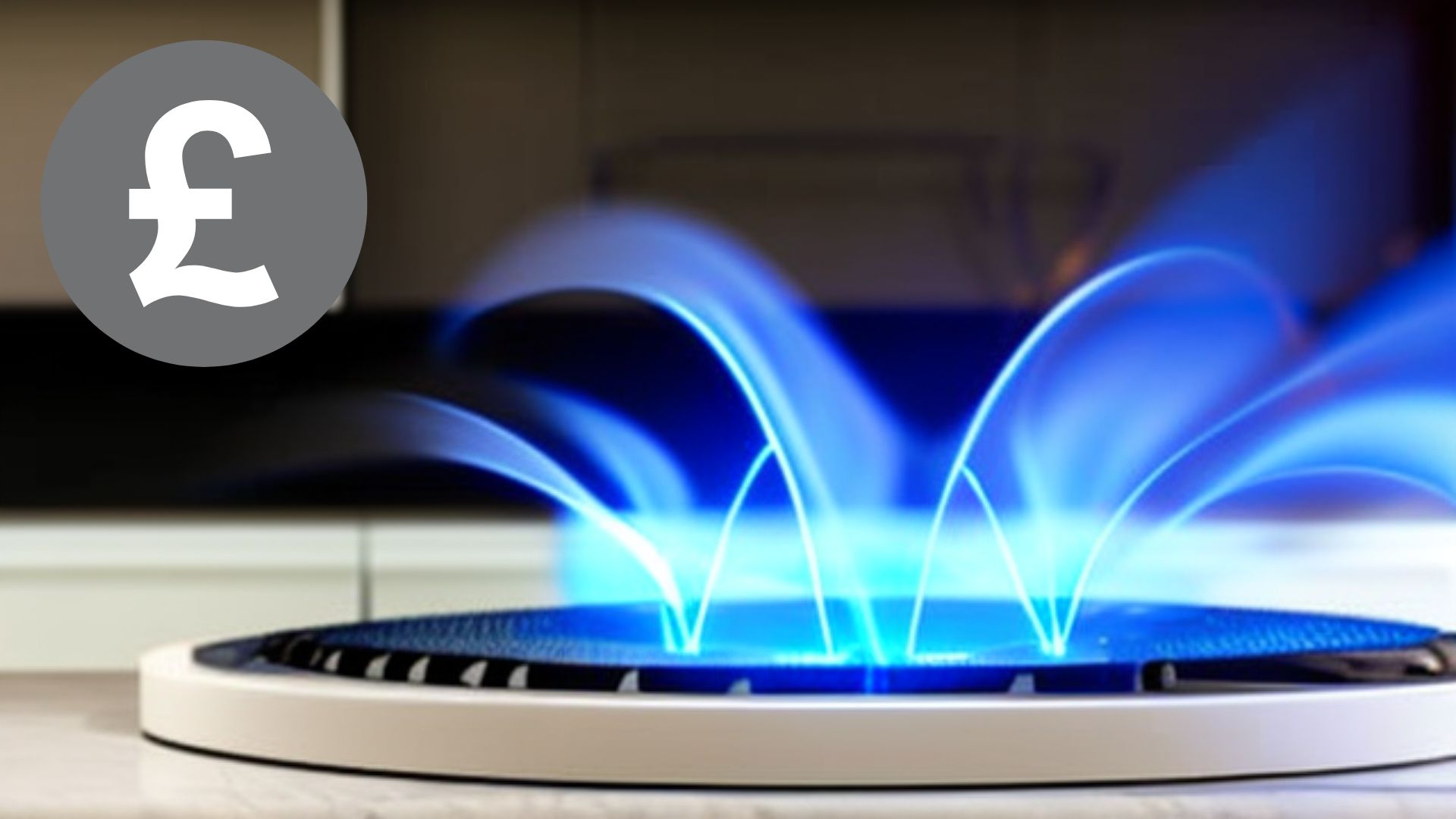
New package of measures to help families save on energy bills as prices fall to lowest level for two years
Energy Security Secretary Grant Shapps described the news as “positive” on Thursday morning, saying the drop is ‘a major milestone in efforts to halve inflation.’
However, Ofgem boss Jonathan Brearley acknowledged many families will continue to struggle as bills remain high.
Jonathan Brearley, speaking on ITV’s Good Morning Britain said: “We have seen a massive shock to our market. We saw Russia withdraw a huge amount of gas from the market and that drove prices up last year. Now, things are recovering, but as ever it is hard to predict what might happen in the future.
“So prices are drifting down and the market is stabilising, we’re hopeful that we will see fixed prices enter the market in the second half of this year. But predicting when prices will fall back to where they were is extremely difficult and I think that will take time.
The energy price cap is a government-imposed limit on the amount that energy suppliers can charge their customers for each unit of gas and electricity. The cap is calculated by Ofgem, the energy regulator, and is reviewed every three months.
The current energy price cap is £2,074 per year for a typical household. This means that a household that uses 12,000 kWh of gas and 2,900 kWh of electricity per year will pay no more than £2,074 per year for their energy bills.
The energy price cap is designed to protect consumers from excessive price rises. It is also designed to ensure that energy suppliers are able to make a fair profit.
The energy price cap has been in place since 2019. It has been reviewed several times since then, and has been increased each time. This is due to the rising cost of wholesale energy.
The wholesale energy market is volatile, and prices can fluctuate significantly. This is why the energy price cap is reviewed every three months.
Energy Security Secretary Grant Shapps said:
“It’s positive households across the country will see their energy bills fall by around £430 on average from July, marking a major milestone in our determined efforts to halve inflation.
“We’ve spent billions to protect families when prices rose over the winter covering nearly half a typical household’s energy bill – and we’re now seeing costs fall even further with wholesale energy prices down by over two thirds since their peak as we’ve neutralised Putin’s blackmail.
“I’m relentlessly focused on reducing our reliance on foreign fossil fuels and powering-up Britain from Britain to deliver cheaper, cleaner and more secure energy.”
OFGEM PRICE CAP EXPLAINER
How much will I pay under the new price cap compared to previously?
The new energy price cap is the lowest level it has been since October 2022. From July 1 the cap will be set at an annual level of £2,074 – £426 less than the £2,500 households were paying on average under the Energy Price Guarantee.
Why are energy bills coming down?
The new price cap reflects wholesale energy prices having fallen by around two thirds since their peak. This has been driven by boosting alternative sources of supply, including through the UK’s LNG import infrastructure which provides access to diverse sources of gas.
The government is working hard to bring down energy prices further. Our Powering up Britain plans lay out how we’re driving significant investment in new renewable and nuclear projects as part of wider efforts to boost our energy security and independence – and we want to make sure these efforts are felt by household in lower bills.
Why did the government introduce the Energy Price Guarantee?
The Energy Price Guarantee was set at £2,500, which was the maximum a typical household would have to pay towards their energy bills. We introduced this because the energy price cap went up as wholesale prices increased, reaching £4,279 for a typical household at its peak.
What happens to the Energy Price Guarantee now?
Energy prices are expected to remain below the Energy Price Guarantee level, now at their lowest since before Russia’s illegal invasion of Ukraine, meaning the return to Ofgem’s price cap setting the amount suppliers can charge consumers for their energy instead.
However, from July, a discount specifically for prepayment meter users under the Energy Price Guarantee will mean they will on average save around £22 a year, bringing them in line with those paying by direct debit.
What other support is there for households struggling with the cost of living?
We stepped in to pay around half of the typical household energy bill this winter, and by the end of June a typical household will have saved £1,500, due to the Energy Price Guarantee and the Energy Bills Support Scheme.
We’re also providing additional support to the vulnerable, including a £900 payment for those on means-tested benefits, £300 for pensioner households and an extra £150 for people on an eligible disability benefit.
Calling all fashion enthusiasts! Are you looking for a night of style inspiration, industry insights,…
Liberal Democrats strengthen hold, gaining seats from Labour in Watford local elections. Conservatives retain control…
Once extinct in UK, Ospreys could grace Rickmansworth's Stocker's Lake thanks to a new nest…
UK gets shocked (pleasantly) as Tesla's Cybertruck is about to embark on electrifying "Cyber Odyssey"…
A large house in Watford was struck by lightning early this morning, causing a significant…
A man has been charged with murder of 14-year-old Boy in Hainault Sword Attack.